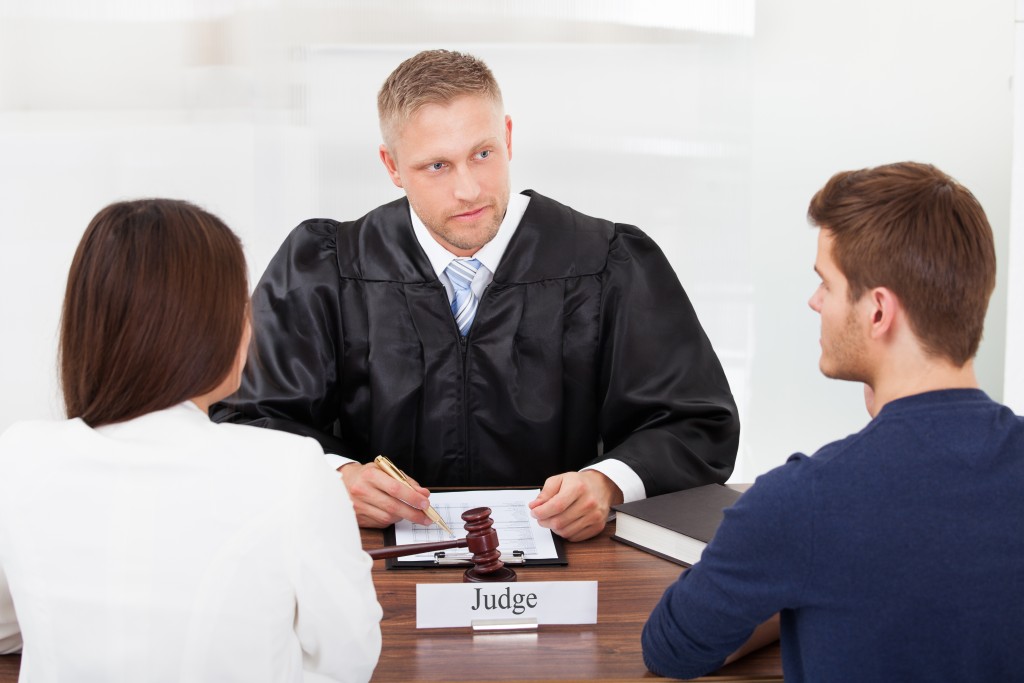Divorce has become a common and natural occurrence. Sometimes, it can even be considered as a noble decision that’s for the best for both spouses. No one should be forced to stay in an unhealthy and toxic relationship. Even so, it’s still a complicated process.
To get a divorce, there are legal processes that have to be conducted. Because the law recognizes the existence of marriage and provides benefits for married couples, they should also have a procedure if this bond is to be broken. To obtain a divorce, several legal requirements must be met, and trials must be attended. Here are the phases of a divorce trial.
Filing of a complaint
Before any divorce trial can ensue, there has to be a complaint coming from either spouse. This compliant, in legal terms, is called a petition for the dissolution of marriage. It includes all the grounds and facts that state the reason for the request to obtain a legally-recognized divorce.
This petition must be submitted to a court with jurisdiction on family legal matters. Once it has been processed, the court will summon the spouses to file an answer or counterclaim to the complaint.
Conducting hearings
The judge of the court where the complaint and counterclaims were filed will hold a hearing. This is to resolve and clarify any facts involved in the proceedings. If a spouse also wants additional remedies like child custody, settling of assets, etc., it should also be filed during the hearings for quicker resolution.

Settlement proceeding
Before setting a date for the actual trial, the court will conduct a settlement proceeding. At this phase, the court will try to offer a settlement to the parties. Depending on the grounds alleged in the complaint, the court will usually try to form an agreement that’s beneficial for both parties. If both agree, then the trial need not be conducted. But in most cases, especially in contested divorces, one or both parties do not agree to settle and instead proceed to trial.
Trial
Every civil trial has a standard procedure that is strictly followed. It begins with opening statements whereby both parties or their legal counsel discuss their grounds and standpoints. After this, the spouse who filed the complaint presents their evidence to the court. The other spouse, called the defendant, gets to do the same. Afterward, both parties are allowed to refute any statement or evidence that was presented before the judge. The trial ends with closing statements coming from both parties.
Final judgment
Based on the facts, evidence, and legal bases presented during the trial, the judge will now decide on the matter and determine the winning party. The awards, damages, and decisions on issues like child custody, assets, etc. will also be decided.
Compliance
After the final court decision, the parties will have to comply. For example, if the court required that the assets be liquidated, then the parties must work on doing so. If a spouse doesn’t adhere to the order of the court, then legal action can be taken.
Going through a divorce is hard in itself. And, understandably, the legal process is very tedious and overwhelming. Anyone going through a divorce should have the aid of a family lawyer. This is so that they can focus on moving on and staying strong throughout the whole process, absent the worries and complications of litigation.
